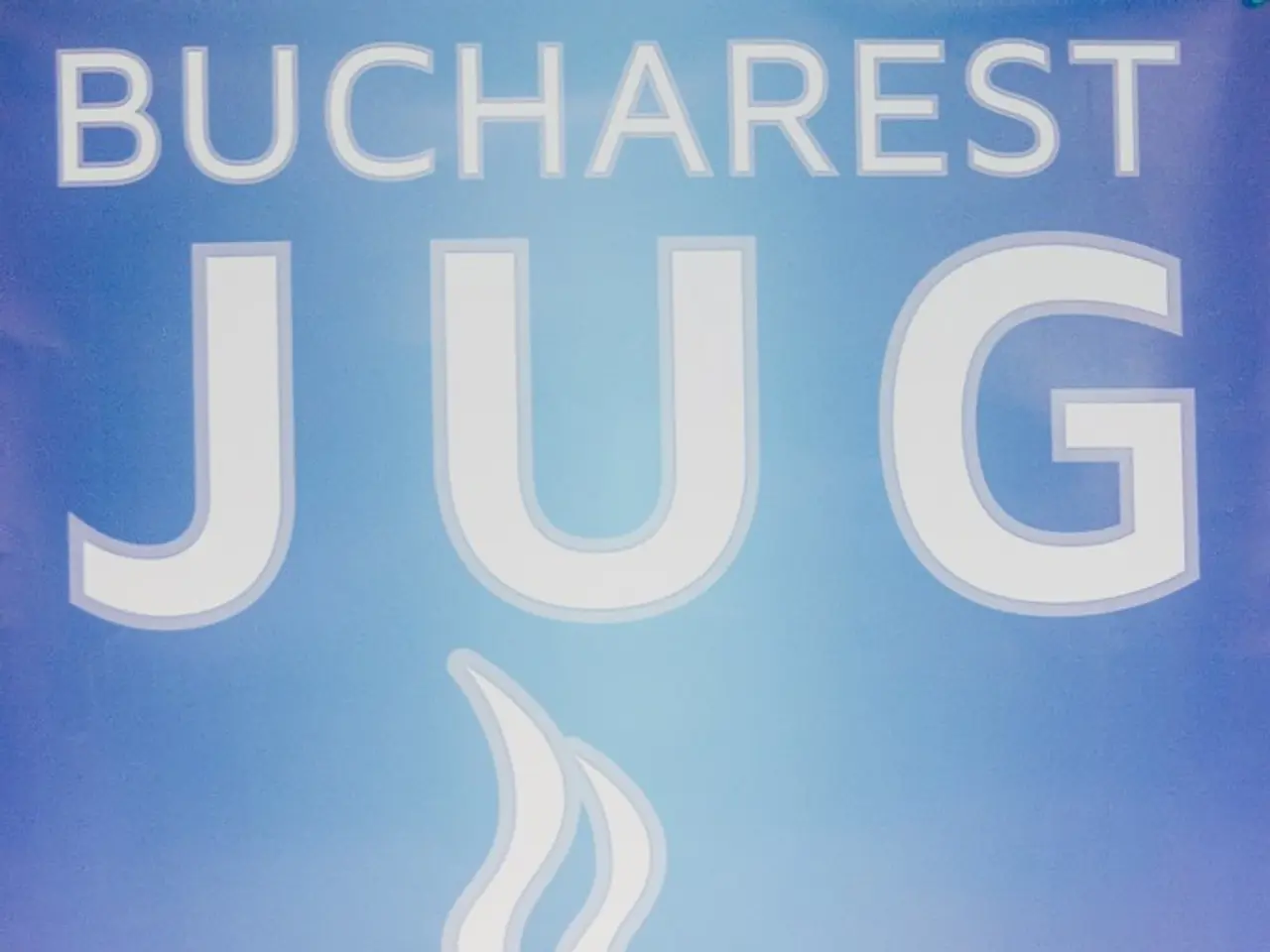Lisbon intends to counteract the "Adverse impacts of tourism"
The Lisbon Municipal Assembly recently concluded a series of debates on the municipal management policy for commerce and tourism, culminating in a report with 13 key recommendations aimed at addressing challenges posed by the tourism sector.
The sessions, held in January, were led by rapporteurs Sofia Vala Rocha (PSD) and Pedro Roque Domingues (PS). The report is part of a broader strategic approach to balance tourism growth with local quality of life and commercial vitality.
Key proposals include:
- Developing differentiated policies tailored to various Lisbon parishes, particularly those most affected by tourism pressure and real estate speculation.
- Cancelling inactive local accommodation licenses to obtain a more accurate measure of the sector’s footprint and its effect on housing availability.
- Implementing an integrated ticketing and visitor flow control system for museums and monuments to improve cultural resource management and visitor experience.
- Limiting new Alojamento Local (local accommodation) licenses in saturated neighborhoods, notably in Lisbon’s historic downtown and 19 other neighborhoods, to address oversupply and housing market distortions.
These policy recommendations aim to address issues such as housing affordability, mobility constraints, and cultural site overuse. The city council is expected to consider these measures soon for adoption.
The Lisbon assembly includes members representing different political parties, ensuring diverse input into these policies. One recommendation that garnered attention was the proposal to analyze the feasibility and relevance of proposing the Esfera Classroom as a Heritage Site of National Interest.
Other proposals include organizing guided tours, promoting the heritage of Colina de Santana, and earmarking a percentage of new housing developments for affordable housing.
Part of the approved motion came from the Socialist Party (PS) and another part from Chega. Chega also had two additional proposals: one for the redevelopment and security of Quinta das Conchas and Lilases parks, and another for the implementation of the Detailed Plan for the Area Surrounding the Benfica Market.
The report also calls for transparency in the use of the Municipal Tourist Tax and the revision of the Regulation for Historic Stores, the adoption of a commercial planning strategy, and the improvement of mobility and accessibility solutions.
In summary, Lisbon’s municipal management policy for commerce and tourism emphasizes territorial differentiation, stronger regulation of short-term rentals, enhanced cultural asset management, and strategic controls to mitigate housing and mobility issues stemming from tourism growth.
[1] Lisbon City Council Official Website [2] Lisbon Tourism Board [3] Lisbon Municipal Assembly Official Website
- The Lisbon Municipal Assembly's policy for commerce and tourism, aimed at balancing growth with local quality of life and commercial vitality, involves strategies such as real-estate regulation, addressing affordability issues, and managing tourist sites.
- The Assembly's report includes proposals to develop tailored policies for various Lisbon parishes, limit new local accommodation licenses in saturated neighborhoods, and implement an integrated ticketing system for cultural sites.
- The report also suggests analyzing the feasibility of designating the Esfera Classroom as a Heritage Site of National Interest, promoting Colina de Santana's heritage, and earmarking a percentage of new housing developments for affordable housing.
- Politicians from different parties, including the Socialist Party (PS) and Chega, have contributed recommendations to this policy, covering aspects like park redevelopment, heritage preservation, and financing solutions for affordable housing.




